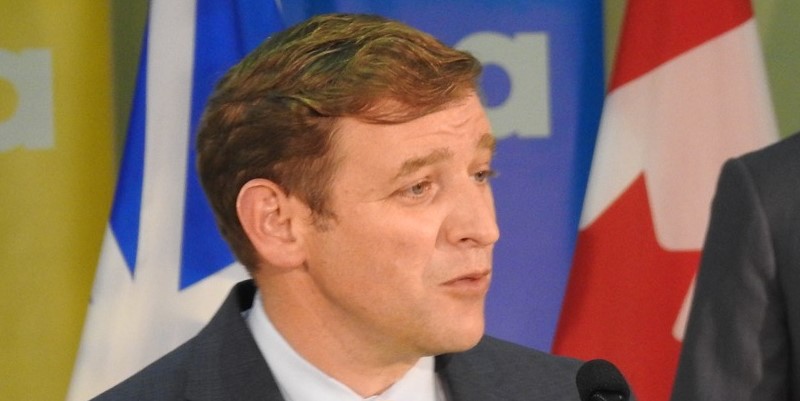Newfoundland and Labrador government must balance budget to tackle massive debt

Newfoundland and Labrador faces the largest provincial government debt burden in the country, serving as a stark reminder of the costs of runaway government spending. To address this issue, in its upcoming budget on Wednesday the Furey government should restrain spending and balance the books.
According to a recent study, the province’s government’s net debt (total debt minus financial assets) will reach a projected $17.1 billion in fiscal year 2023/24. Consequently, net debt represents 41.6 per cent of the province’s economy—higher than any other province—which means if the government had to pay off its net debt today, it would require roughly 42 cents of every dollar in the provincial economy. And on a per-person basis, the government’s debt burden ($32,561) is also the highest in Canada.
This high level of debt comes with substantial costs. Just like when an individual takes out a loan and must pay interest, governments must also pay interest when they borrow money. For governments that hold a substantial amount of debt, like Newfoundland and Labrador, these interest costs can be large.
According to projections, in 2023/24 the Furey government will spend roughly $1.1 billion on debt interest costs—or roughly all of its expected offshore oil and gas royalties.
Debt interest costs also far exceed spending on important government services. In 2023/24 the government will spend $342 million more on debt interest than it plans to spend on transportation and infrastructure (even after the government announced historically high spending to improve highway and road infrastructure). And debt interest costs represent nearly three times the amount the government will spend on its justice department. Every year the debt burden consumes taxpayer dollars that could have gone towards important government services or tax relief.
How has Newfoundland and Labrador accumulated such a large debt burden?
Simply put, the government spends more (on a per-person basis) than any other province, and often uses revenue from the oil and gas sector to permanently increase government spending. Such high levels of spending, coupled with a reliance on volatile resource revenues, has produced eight budget deficits over the last 10 years.
In recent years, the Furey government has made progress in reducing deficits, but mainly due to high oil and gas revenues. To reduce reliance on these revenues and chip away at the province’s mountain of debt, in its upcoming budget the Furey government should reduce per-person spending to levels comparable with most other provinces, balance the budget and limit growth in future spending. Clearly, the province’s massive debt threatens the sustainability of provincial finances.
Authors:
Subscribe to the Fraser Institute
Get the latest news from the Fraser Institute on the latest research studies, news and events.


